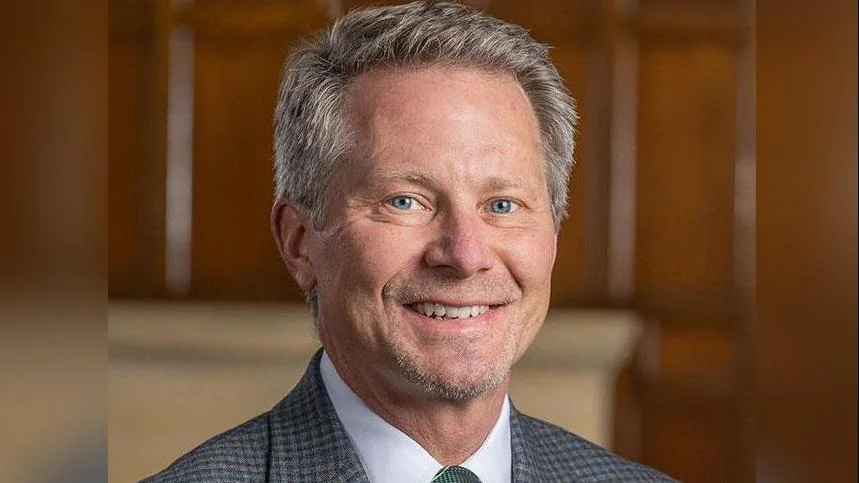Kevin M. Guskiewicz President at Michigan State University | Official website
Kevin M. Guskiewicz President at Michigan State University | Official website
Michigan State University (MSU) and Lansing Community College (LCC) have reaffirmed their commitment to aiding transfer students through the signing of a memorandum of understanding (MOU) on December 2, 2024. This agreement aims to enhance the Envision Green program, which facilitates LCC students' transition to MSU for degree completion.
The MOU was signed by MSU President Kevin M. Guskiewicz and LCC President Steve Robinson at the LCC campus in Lansing. The Envision Green program is designed to assist students with personalized plans that offer academic, professional, and social support as they transfer from LCC to MSU. It also supports MSU students who might need to continue their education at LCC.
Guskiewicz emphasized the importance of minimizing credit loss and reducing education costs for transferring students. "We need to support every step of their transfer journey," he stated. By expanding Envision Green, MSU seeks to strengthen its role as Michigan's state university.
Laura Wise, the first director of Envision Green, highlighted the program's goal of fostering a sense of belonging among LCC students and increasing their awareness of resources available at MSU. The number of students using Envision Green advisors rose by 72% in fall 2024.
Robinson praised the partnership between the two institutions: "Envision Green is a powerful testament to the strength of partnership." He stressed that this collaboration aims to remove barriers and provide necessary resources for student success.
In Michigan, only 18% of community college students earn a four-year degree. Guskiewicz stated that MSU intends to change this statistic by demonstrating that community college can be an accessible path toward a bachelor's degree.
As part of its strategic goals for 2030, MSU plans to expand Envision Green further and establish an on-campus transfer student success center with grant funding from Michigan's 60 by 30 initiative.





 Alerts Sign-up
Alerts Sign-up